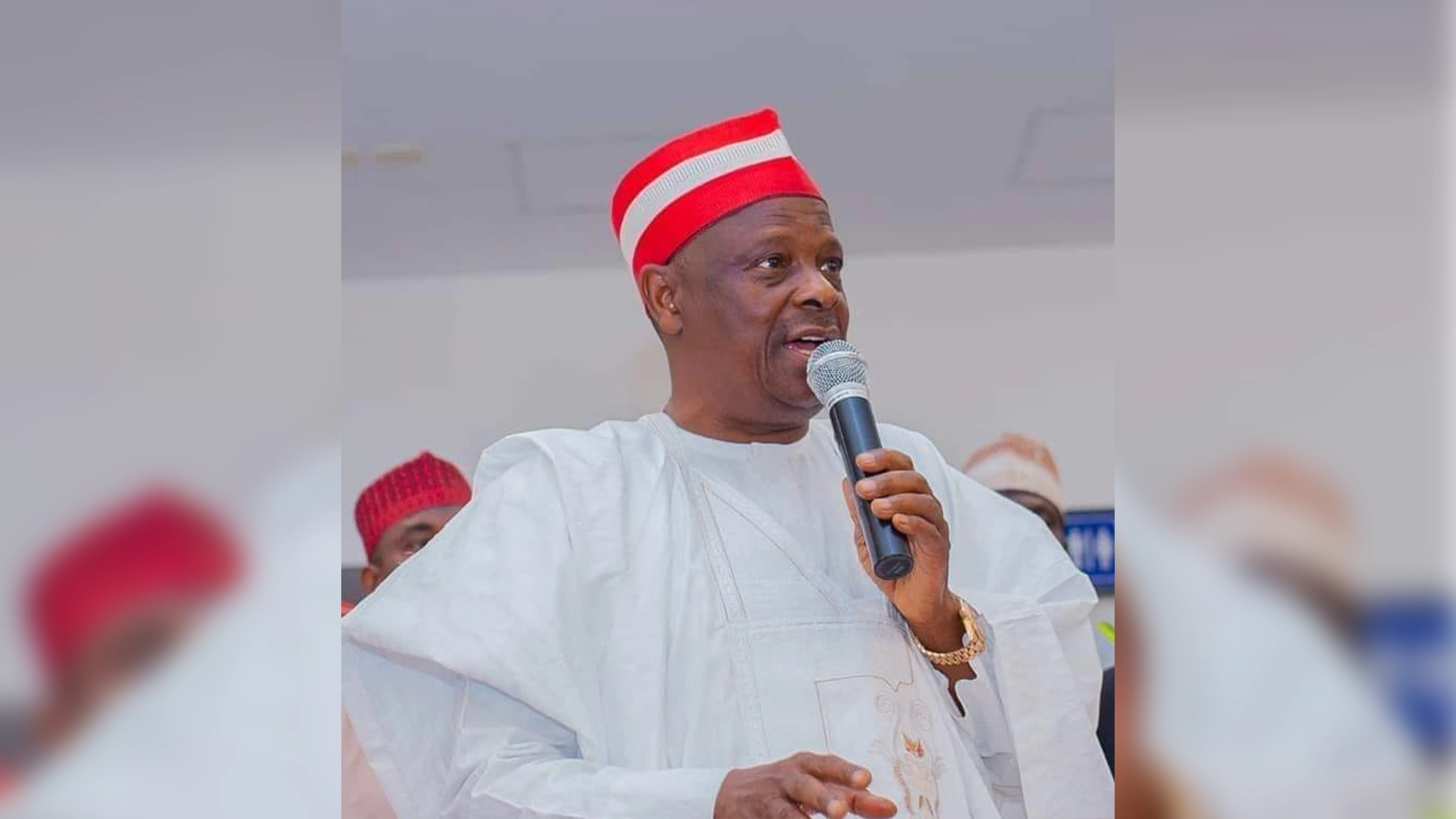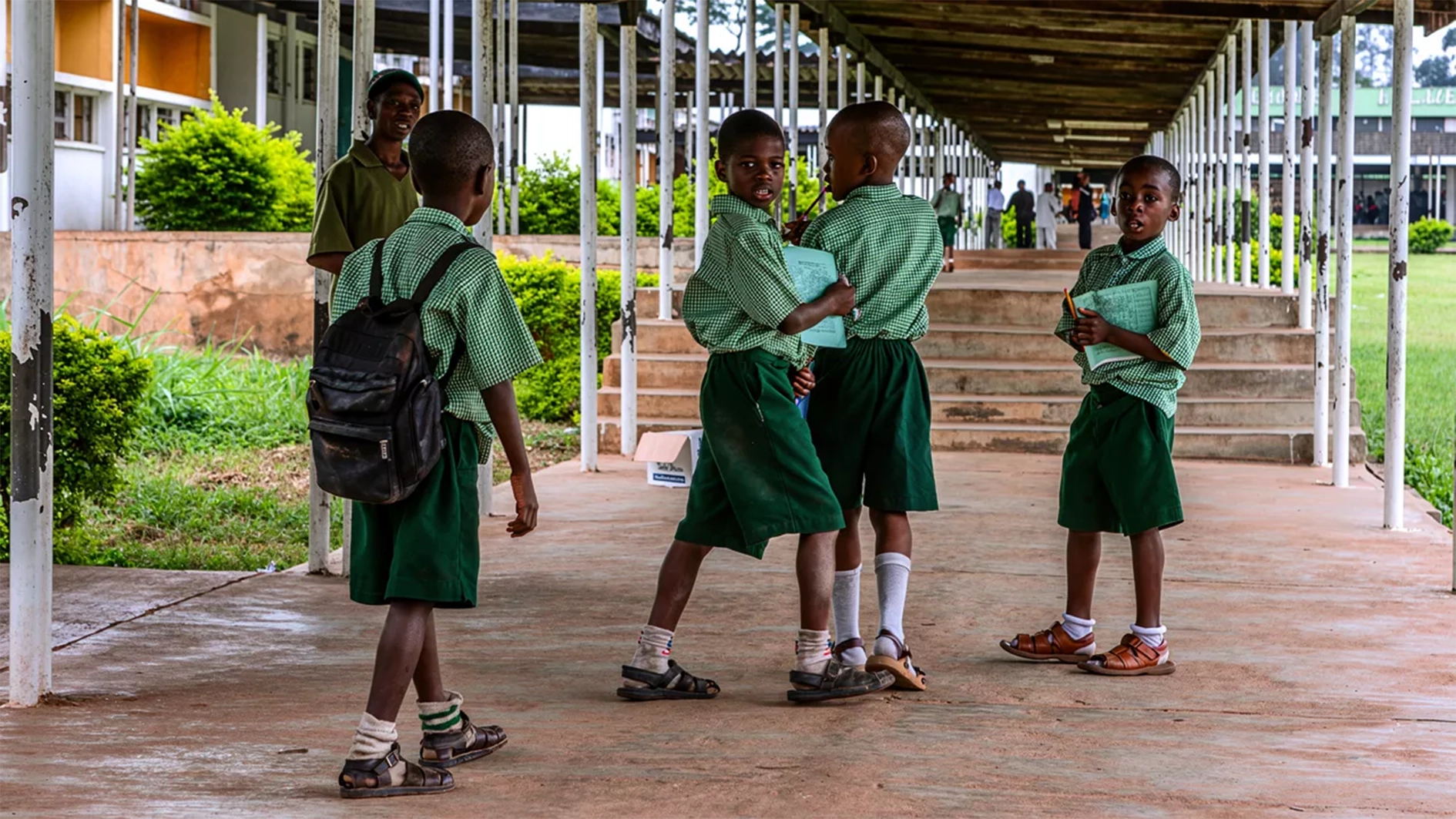
Although the emergence of the outgoing Vice-Chancellor at the University of Ibadan (UI), Prof Idowu Olayinka, after a painstaking exercise that lasted about seven months, was without much opposition, the present process for the appointment of a new helmsman for the premier university is characterised by intrigues, accusations, and counter-accusations, which reached a peak last week with protests from staff unions in the university community, demanding the cancellation of the entire process.
The process for the selection of who succeeds Prof. Olayinka as Vice-Chancellor started in May this year, with the governing council announcing the commencement. The Registrar of the institution and secretary to the Council,
Mrs. Olubunmi Faluyi had in a special bulletin, called on interested candidates to apply.
In the end, 18 professors signified intention for the top job. They are professors Aderemi Raji-Oyelade, Oluwabunmi Olapade-Olaopa, Kayode Adebowale, Kolapo Amzat, Babatunde Salako, Babatunde Adeleke, Razaq Rom-Kalilu, Hakeem Fawehinmi, Raheem Lawal, and Adeyinka Aderinto.
Others are professors Clement Kolawole, Olusegun Ademowo, Oladele Layiwola, Temitope Alonge, Anthony Kayode Onifade, Ebenezer Farombi, Femi Mimiko and H. A. Saliu.
While Adebowale is the incumbent Deputy Vice-Chancellor (DVC Administration), Aderinto is a former (DVC Academic). Olapade-Olaopa is the former provost, College of Medicine, while Raji-Oyelade is a former Dean, Faculty of Arts of the institution.
Last Tuesday, six contestants were shortlisted from among the 18 candidates. Those shortlisted were former VC, Adekunle Ajasin University, Akungba Akoko (AAUA), and lecturer at the Obafemi Awolowo University, Ile-Ife, Prof. Femi Mimiko; Adebowale; Aderinto; Ademowo, Farombi, and Salako.
Before now, there have been campaigns for an Ibadan indigene to become the VC. One of the groups leading the campaign is the Central Council of Ibadan Indigenes (CCII), which said an indigene of the host city had not been appointed as the vice-chancellor of the premier university. While some other groups were canvassing for a Muslim to be appointed to the office, others alleged that the outgoing VC was planning to impose a successor.
With the various accusations and mutual suspicion of clandestine imposition, many did not expect a seamless transmission of power as obtained five years ago when Olayinka was announced in September 2015 as the 12th VC. However, many did not know that the crisis would be so ingrained with no immediate end in sight.
Last Wednesday, when the selection board was expected to interview the six shortlisted candidates, and eventually recommend the best out of them to the council as the incoming VC, a protest erupted in the institution.
For hours, the main entry and exit gates to the university were shut as members of the non-academic staff union (NASU) and the Senior Staff Association of Nigeria Universities (SSANU) protested against what they called the alleged imposition of Adebowale as the next Vice-Chancellor.
The protesting workers union, led by SSANU Chairman, Wale Akinremi, and his NASU counterpart, Malachy Etim, vowed not to suspend the protest until there is a formal letter annulling the process of appointing the next vice-chancellor.
After hours of protest, the chairman of the council, Dr. Joshua Waklek, announced the suspension of the process. Waklek promised to critically look into their demands. He however said it would be the decision of the entire council to decide on whether or not to remove one of the candidates as requested by the
protesting workers.
The Waklek led five-man selection panel, was supposed to announce a candidate out of the six finalists shortlisted. Other members of the panel are Sir Ben Okoronkwo and Dr. Uchena Uba, representing the council while the two elected representatives of the Senate in the selection board are Prof. Ezekiel Ayoola and Prof. Peter Olapegba.
Akinremi had accused members of the selection committee of allegedly manipulating the electoral process, saying his members would not work with the candidate concerned. The SSANU chief insisted that the council should start the process afresh in the interest of peace, while an acting vice-chancellor should be named for the institution in the interim. They advised the 71-year-old Waklek not to allow himself to be used by Prof Olayinka.
Waklek assured the aggrieved workers that the board would discharge its duties without bias, saying other issues raised, including the appointment of an acting vice-chancellor, can only be addressed at a properly constituted meeting of the body.
Waklek’s promises notwithstanding, the workers called on the Minister of Education, Adamu Adamu to intervene in the crisis rocking the university.
They insisted that Prof Olayinka, who is expected to complete his tenure on November 30, should proceed on terminal leave.
In their protest letter addressed to the minister, the unions urged Adamu to direct the suspension of the selection process, which it alleged is “tainted and prearranged to foist a preferred candidate on the university.”
They also called on the minister to review the activities of the current governing council of the institution, in relation to what they termed as incessant industrial crises rocking the university since the inception of the Waklek-led council.
The letter added, “The minister should inaugurate a committee of former vice-chancellors of the university and saddle the group with the responsibility of nominating for the approval of the minister, an acting vice-chancellor, who will midwife a transparent, fair and just process of the appointment of a new vice chancellor for the institution.
The Academic Staff Union of Universities (ASUU) of the university had however distanced itself from the crisis trailing the emergence of Olayinka’s successor. ASUU accused the protesters of disrupting the process meant to conclude the appointment of the institution’s vice-chancellor. The university teachers condemned the disruption of the council meeting and demanded a level playing ground for all the candidates partaking in the process.
While speaking on the issue, a retired professor of political science, Prof. Osisioma Nwolise urged the Minister of Education not to be led to take wrong a decision by saying that the process that has been completed should be suspended.
Nwolise said the council has the responsibility to ensure the emergence of the next vice-chancellor.
“There have been petitions and two unions are raising concerns. So, if the council is trying to suspend its sitting to clear those things, it is better so that everybody would be carried along. In the end, it is important that a preferred candidate emerges to avert a crisis. So, if some people or groups are complaining, it is better to suspend, clear the complaints, and then carry everybody along. That is the best way to go.”
On the allegation that the outgoing VC is plotting to impose a candidate, Nwolise said: “It is an allegation. It is for those making the allegations to prove.
There is a due process, which all of them are following, including the outgoing vice-chancellor. If there are complaints, they must be addressed. Once the due process is followed, the crisis would be averted.”
Prof. Abideen Olaiya of the Federal University of Agriculture, Abeokuta (FUNAAB) said: “There is a problem in the system we are running in this country. People are now using sentiments of religion, tribe, and the union you belong to. Even those who are not academics are now interested in who becomes the vice-chancellor and they are turning themselves into kingmakers, threatening that if a candidate is not given consideration, they would make the university ungovernable.
“The demand that the outgoing vice-chancellor should go on leave is wrong, it should be the prerogative of the VC. The call for the suspension of the whole process is wrong. It is proper that the candidates should be given a fair hearing; six professors have been selected, the final process should be transparent so that everyone would know the reason for dropping any of the candidates. It is not that some people would be saying since their candidate is not among those shortlisted, the whole process should be cancelled. If the council heeds that call and selects another six, another group could also fault the selection and we are back to square one.
“The most important thing is that the criteria for selection should be transparent such that anyone dropped would know the reason. But when the criteria for selection is shrouded in secrecy, it would cause this kind of uproar”.
On her part, Prof. Olajumoke Familoni said there is a need for dialogue to ensure there is no crisis.
The entire process has been suspended for now while the university community awaits the next step towards resolving the crisis.
QUOTE






